Menu
Close

Feel like you’re running on empty these days? You’re not alone.
Mar 1, 2022
New CMHA research shows chronic stress taking toll on individuals and organizations
Far from feeling the pandemic is over, most people in Ontario are stressed about what’s next, with 64% worried about new variants and 56% worried about COVID-19 circulating in the population for years to come. Two years of pandemic-related stressors, including grief and trauma, are likely to lead to significant long-term mental health effects on both our population and the frontline mental health providers caring for them. This according to Round 4 of the Assessing the Impacts of COVID-19 on Mental Health national monitoring survey by the Canadian Mental Health Association (CMHA) in partnership with UBC researchers, and CMHA’s Running on empty: how community mental health organizations have fared on the frontlines of COVID-19, both released today.
“We’re seeing the signs of chronic stress on the population,” says Margaret Eaton, National CEO of CMHA. “Unfortunately, community mental health organizations have drawn on shallow reserves to meet people’s mental health needs during COVID, and now they’re running on empty. It’s time to check the engine light on our mental health system.”
The chronic stress of dealing with the pandemic is taking its toll, making basic decisions harder, sapping our energy and leaving people plain tired or burnt out. Nearly half (41%) of Ontarians are stressed or worried about coping with uncertainty. Meanwhile, 15% have increased their substance use as a way to cope during the pandemic.
“We’re seeing big differences—or inequities—in how different groups of people are affected by the pandemic. This is dividing our society into haves and have-nots when it comes to mental health and illness,” says lead researcher Emily Jenkins, a professor of nursing at UBC who studies mental health and substance use. “The pandemic has made it impossible to ignore the longstanding service gaps and systemic barriers in our systems.”
Over a third (39%) say their mental health has declined since the onset of the pandemic and this spikes in vulnerable groups such as those who are unemployed due to COVID-19 (57%), had a pre-existing mental health condition (54%), identify as LGBTQ2+ (49%), are students (47%), have a disability (44%) or are Indigenous (42%). Over a third (36%) of Ontarians are worried about the compounding effects of climate change on top of COVID-19 and eight per cent have had recent thoughts or feelings of suicide.
Millions of Canadians who cannot get the mental health help they need due to long wait lists or high costs, rely on free mental health and addictions services and supports provided by the not-for-profit sector, but these organizations are strained to breaking.
Almost one in five (19%) Ontarians felt they needed help with their mental health during the pandemic but didn’t receive it because: they didn’t know how or where to get it (36%), couldn’t afford to pay (32%), couldn’t get access (23%) or because insurance didn’t cover it (17%).
“Improving Canadians’ mental health is about more than just increasing access to care,” says Anne Gadermann, co-lead researcher and professor at the School of Population and Public Health, UBC. “We need to address the root causes of mental health inequities through promotion and prevention, in addition to treatment.”
In Running on Empty, CMHA calls on the federal government to better fund, support and integrate community mental health services within the healthcare system and: establish long-term and stable federal funding for key programs, services and supports in the community mental health sector; invest in mental health promotion and mental illness prevention programs and strategies; publicly fund community-based counseling and psychotherapy; and invest in housing, income supports and food security.
Getting help
CMHA Thames Valley Addiction and Mental Health Services is here to help those in need. We offer programs and services across Elgin, Middlesex, and Oxford Counties to individuals struggling with their mental health and/or addictions. Learn more about services in your community by visiting our website or contacting our Support Line at 519-601-8055.
If you are in crisis and/or need immediate support, call or text our Reach Out crisis line at 519-433-2023 (toll free 1-866-933-2023) or go to the Mental Health and Addictions Crisis Centre at 534 Queens Ave, London. These services are available 24/7.
About the survey
This survey was dispatched by Maru/Matchbox from Nov. 29 – Dec. 7, 2021, to a representative sample of 3,030 people ages 18 and up living in Canada. The fourth round of this national monitoring survey was made possible by generous support from Co-operators. To access a complete summary of the findings, please click here.
About the report
The report uses in-depth interviews across all provinces and the Yukon territory to outline how community mental health organizations have been impacted by and responded to the pandemic. The research was made possible by generous support from Co-operators. To access the complete report, please click here.
About Canadian Mental Health Association Thames Valley Addiction and Mental Health Services
CMHA Thames Valley Addiction and Mental Health Services is an integrated mental health and addiction agency providing community-based supports and services to individuals aged 12 and up across Elgin, Middlesex, and Oxford Counties. The continuum of services includes crisis intervention and virtual supports, mobile crisis teams, police partnerships, case management, counseling, and community wellness programs for both individuals and their families. Housing supports and addiction medicine services are also available. Treatment and service plans are developed based on standardized screening and assessment protocols and procedures. The organization was established in April 2021 when three organizations (Addiction Services of Thames Valley, CMHA Elgin-Middlesex, and CMHA Oxford) united to better serve the mental health and addiction needs of the Thames Valley Region. It is guided by its vision “resilience for all through positive mental health and freedom from addiction”.


